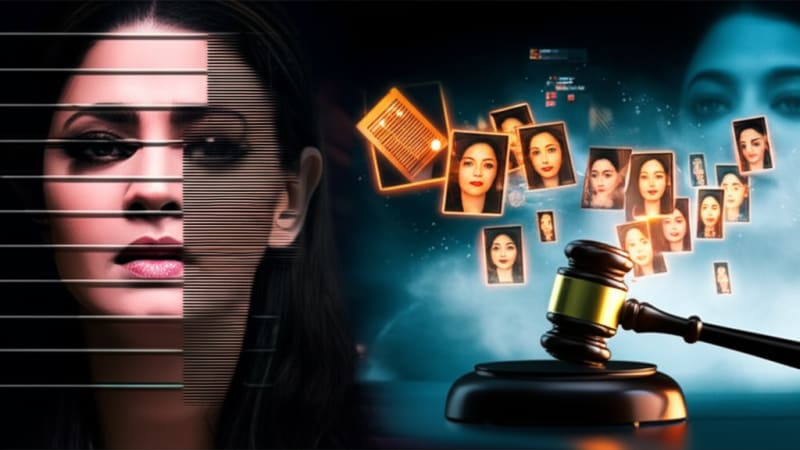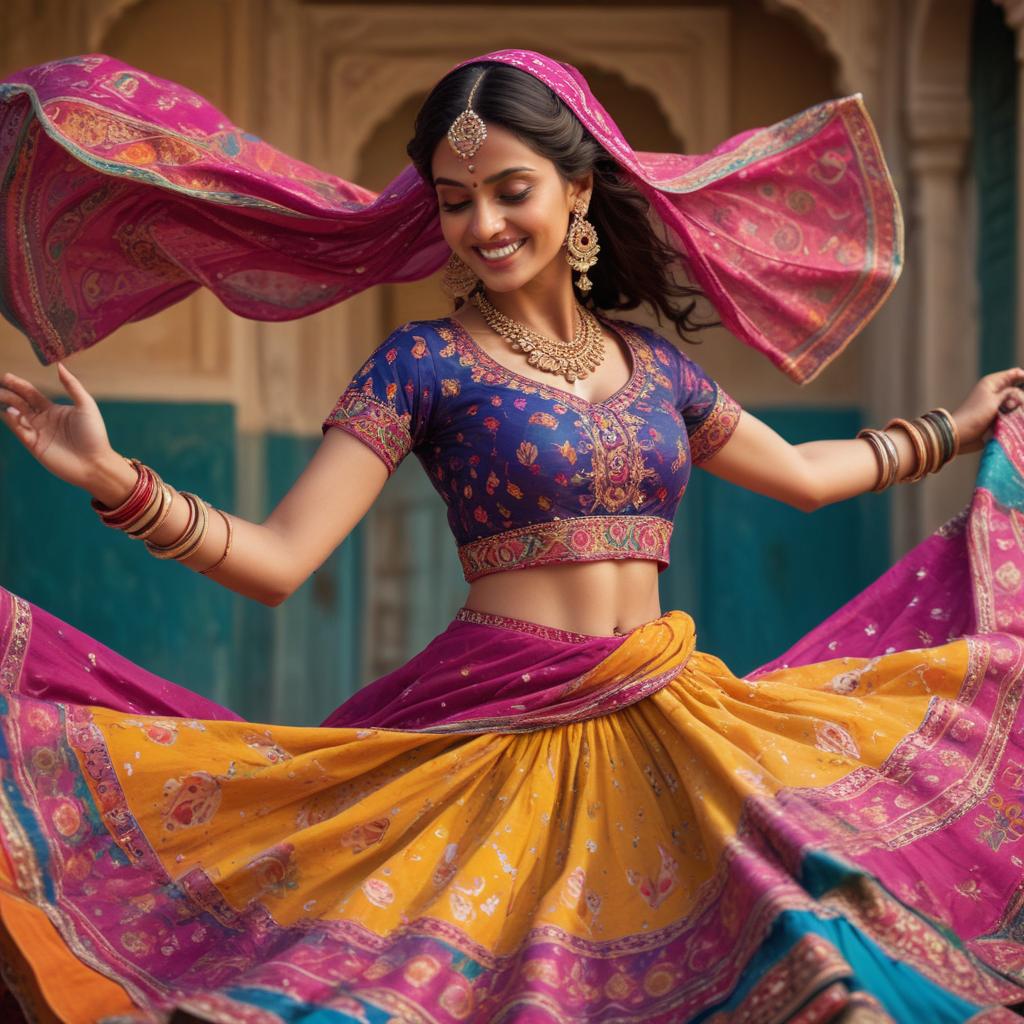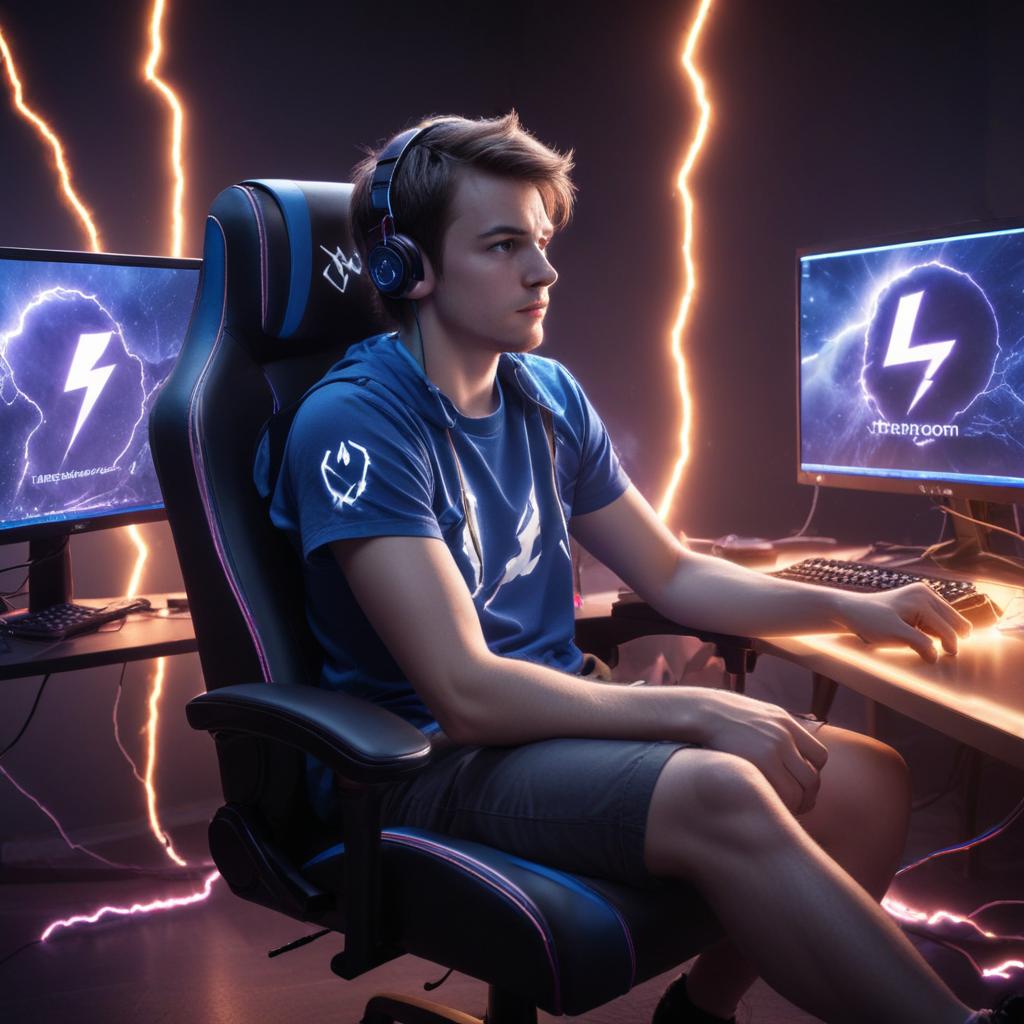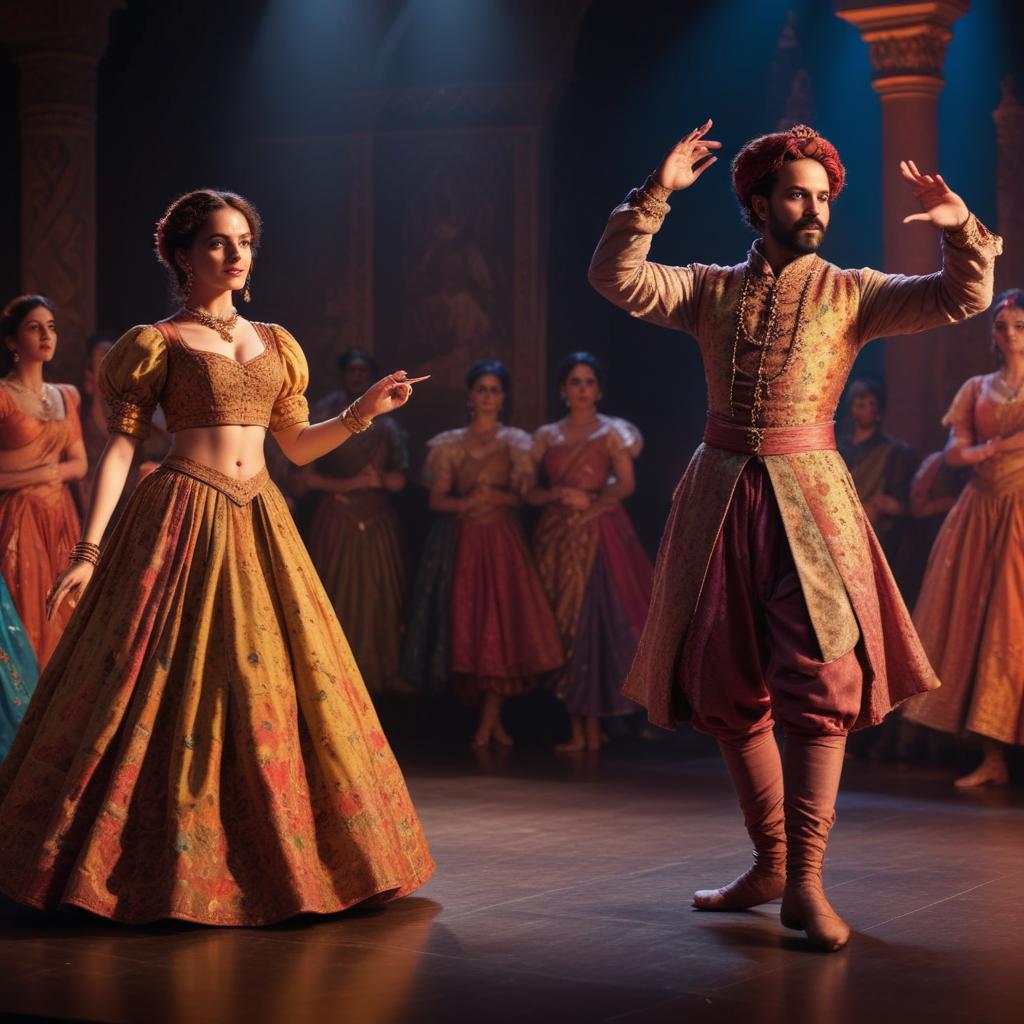STOP! Is AI Stealing Your Identity? How Stars Are Fighting Back & What It Means For YOU!
Have you ever worried about your image, voice, or even your name being used without your permission? This isn't just a celebrity problem anymore! With the rise of AI and digital manipulation, your very identity is under threat. What if your personal traits could be commercially exploited, or worse, used to create "deepfake" content?
Written by
pokelistic news



